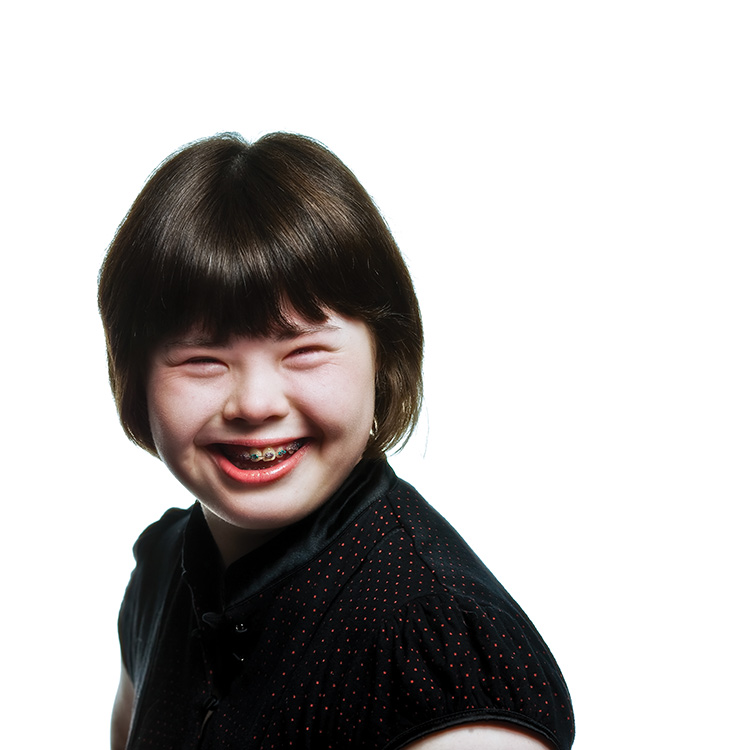Search

We’re looking to better understand and measure ‘quality of life’ of school aged children with Down syndrome.
Besides the challenges associated with their teenage years, adolescents with Type 1 Diabetes (T1D) encounter additional challenges of having a chronic condition.

The Youth Mental Health team is looking for a diverse group of young people to help inform research into mental health in LGBTIQ+ young people.
The Opportunity We have an exciting opportunity available for an enthusiastic and motivated Administrative Assistant to provide administrative
The Opportunity Our Communications and Development team implements the Institute's overall communications, marketing and philanthropy strategies, as
This is a permanent full time position. The Opportunity In this role, reporting to the Head of Development, you will be responsible for leading and
The Kids is looking for a highly motivated and experienced Director for the Wesfarmers Centre of Vaccines and Infectious Diseases, to be based at the
The Opportunity In this newly created role, reporting to the Head, People & Culture, you will be responsible for the delivery and continual
The Opportunity This is an excellent opportunity to work closely with members of the Autism Research Team and CliniKids to assist in the delivery of
The Opportunity There is an opening in the Health Promotion & Education Research & Translation team to support a project entitled ‘Health Services
